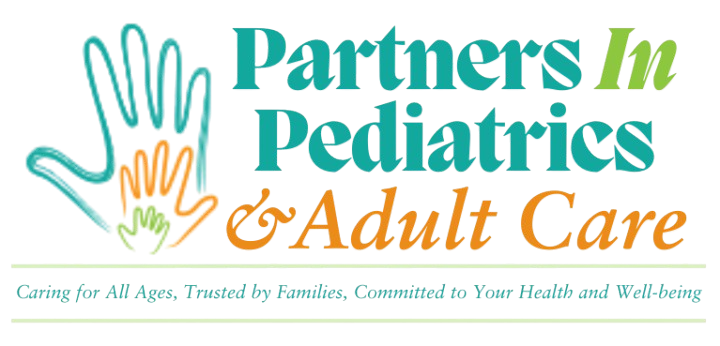
While high blood pressure is more common in adults, it can also affect children. The incidence of high blood pressure in children is increasing, largely due to rising rates of childhood obesity. In younger children, high blood pressure may be linked to premature birth or underlying kidney or heart problems.
High blood pressure, or hypertension, means that the heart and arteries experience increased pressure as they pump blood throughout the body. Blood pressure naturally fluctuates throughout the day, influenced by factors such as physical activity, body temperature, diet, emotions, and medications. If left untreated over time, high blood pressure can damage the heart, brain, kidneys, and eyes. Early diagnosis and treatment are essential to reduce these risks.
Request an AppointmentTreatment for hypertension in children depends on its cause. Many cases improve by addressing the underlying health issue. Lifestyle changes, including weight loss and increased consumption of fruits and vegetables, often help control blood pressure. Medication is generally reserved for cases where lifestyle adjustments alone are insufficient. Parents play a vital role by encouraging healthy habits, promoting physical activity, and helping their child manage stress to support better blood pressure control.
